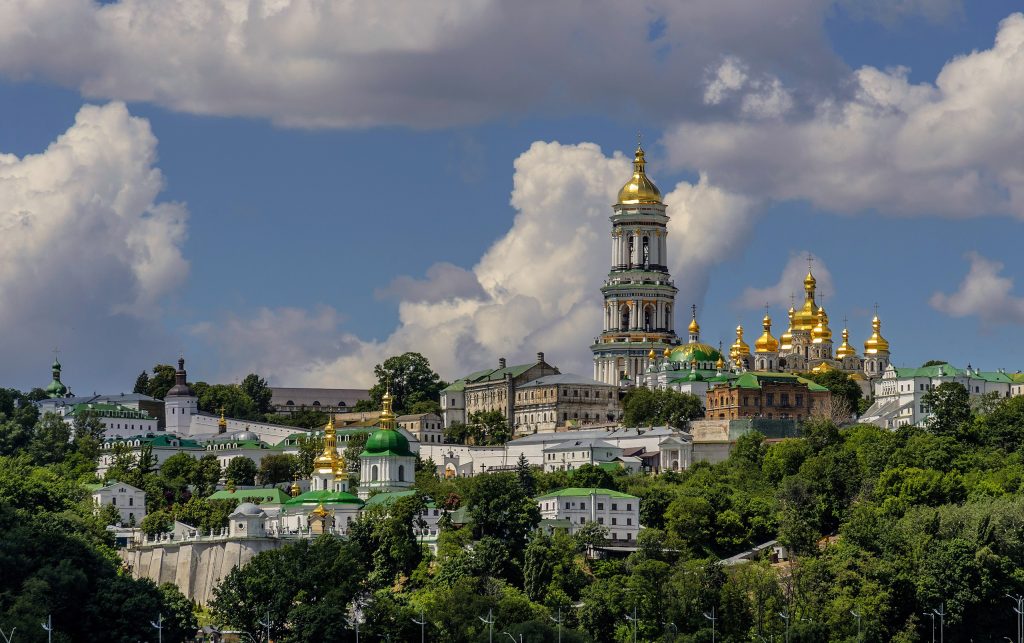Webinar: Ukraine’s Law Banning Russian Orthodox Church and Affiliated Organizations: Legal and Juridical Aspects

October 29, 2024, 11am – 2:30pm EST / 4pm – 7:30pm CET (Zoom)
Hosted by ICLRS Blog “Talk About: Law and Religion”
and Orthodox Christianity Studies Center – Fordham University
The workshop (webinar) will discuss legal aspects of Ukraine’s recent law No 3894 banning the Russian Orthodox Church (ROC) and religious organizations affiliated with the ROC. The workshop will consist of six units each of which starts with two short inputs (5 minutes), then 20 minutes moderated discussion. After three units, there will be a 20 minutes break.

